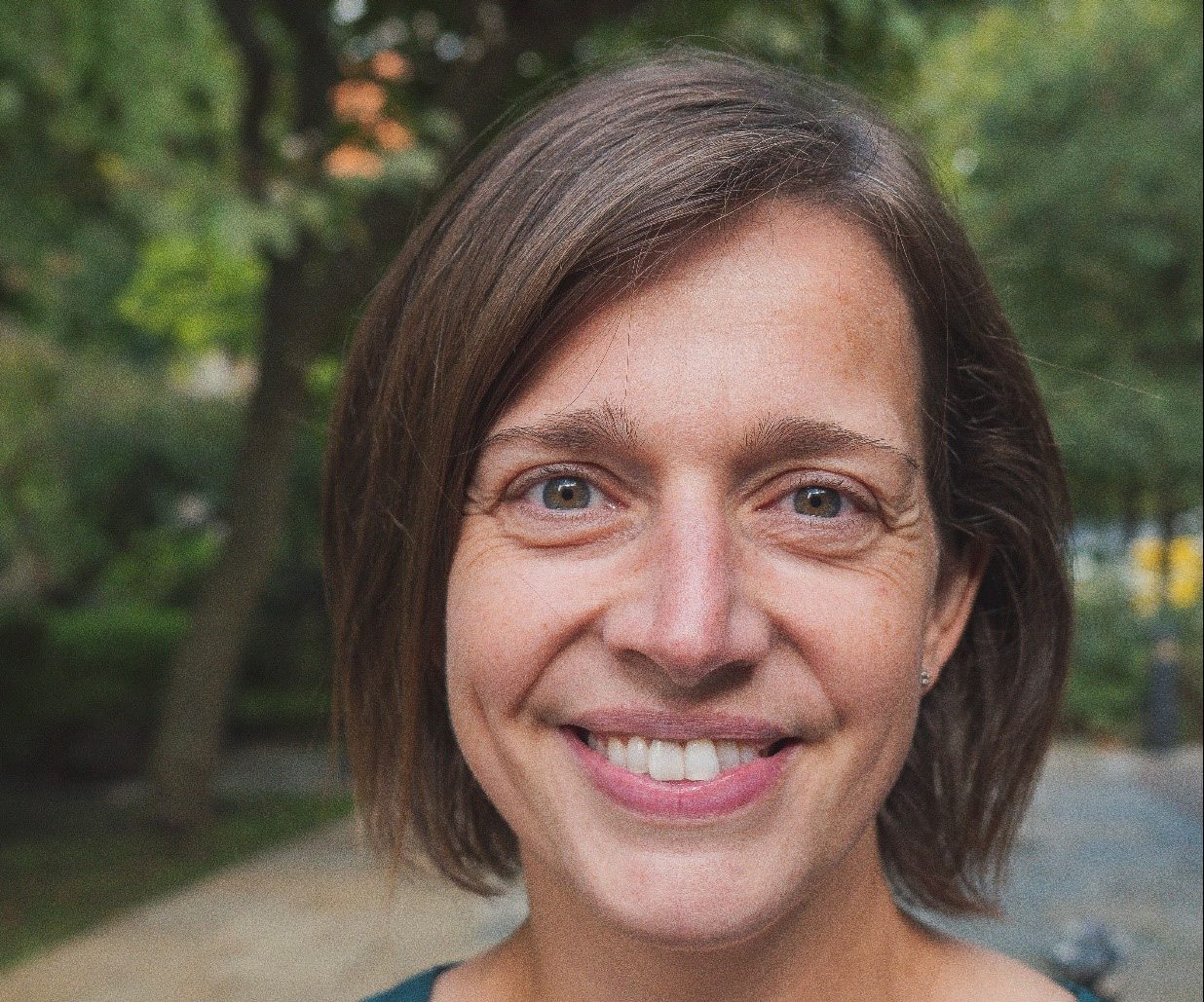
Professor Mieke Van Hemelrijck leads the Translational Oncology and Urology Research (TOUR) Team in the School of Cancer & Pharmaceutical Sciences at King’s College London. She joined the Group in August 2008 from Harvard School of Public Health, to undertake her PhD on ‘Metabolic Syndrome and Prostate Cancer: Biomarkers and Treatment Side-Effects’, which she completed in November 2010. Prior to this, she obtained a Master’s from Harvard (focusing on bladder cancer and smoking patterns) and a Master’s from Ghent University (in Statistical Data Analysis) in her home country of Belgium. Prof Van Hemelrijck became a Reader (Associate Professor) in Cancer Epidemiology in September 2018, and became a Professor in late 2020.
As a cancer epidemiologist working with national registers and hospital-based (biobank) data in the UK and Europe, Prof Van Hemelrijck has expertise in clinical data, statistics, clinical practice and patient care in the area of uro-oncology. Several of her PhD students and team are conducting qualitative research into patients’ needs and experiences. She has also worked with The Movember Foundation on developing a consensus document on semantics in active surveillance for men with prostate cancer, using a modified Delphi consensus procedure. Most recently, Prof Van Hemelrijck started working with the European Association of Urology (EAU) Guidelines Office, as part of the EU-funded PIONEER Consortium using big data for prostate cancer. She is leading the work package that aims to develop standardised definitions of prostate cancer outcomes among different stakeholders, using the Delphi consensus procedure. Prof Van Hemelrijck’s prostate cancer research is internationally recognised and she is currently involved in the large international consortium ReIMAGINE
Van Hemelrijck has coordinated the King’s Health Partners’ (KHP’s) Uro-Oncology Programme since 2012. This brings together researchers and clinicians involved in urological cancer research across all KHP institutions. In 2013, she became a Visiting Researcher at the Institute of Environmental Medicine, Karolinska Institute, Stockholm, funded by a Swedish Council for Working Life and Social Research Fellowship.
When/where do you get your best research ideas?
I get most of my research ideas whilst out running – I run on average about 60km per week,so I have plenty of time to reflect and get good ideas.
When you feel overwhelmed or unfocussed, or have lost your focus temporarily, what do you do? (If helpful: what questions do you ask yourself?)
I was actually running out of ideas to answer some of these questions, which gave me the inspiration to answer this question. When I am stuck, I just brainstorm with my team. Saying things out loud and having discussions with an inspiring and motivated team usually does the trick.
What is the best piece of advice (work or life) you’ve been given?
The best piece of advice was given to me by Professor Holmberg, who was my PhD supervisor – do not micro-manage your team. If you give people responsibilities, they will also take ownership and make sure their work is done to the best standard. It is also important to listen to your team: when they come to you with potential questions, it is not your job to just give them an answer. We need to guide them so that they can arrive at the best possible answer/solution themselves.
I’m inspired most by…
Our cancer patients. We can design a variety of research projects, but it is their experiences and observations that inspire us when it comes to research questions and approaches. I have recently had many close friends and relatives diagnosed with cancer. This helps to remind us of the importance of our work, but also inspires us to do better and come up with ways to improve our research impact.
What is one of the best or most worthwhile investments you’ve ever made?
I was never a fan of Microsoft Teams and then COVID-19 came along. It has been the best investment of time ever, as our team has become so dependent on it in terms of research collaborations, communication, and team spirit. It really is key to the successful working of our group now.
What is the next big thing in cancer research? What will be a potential game changer?
One can think of many new treatments or markers for diagnostics, but COVID-19 has made many healthcare professionals realise the power of real world data. I am therefore hopeful that soon there will be an improvement in both quality and quantity as applied to routinely collected clinical data. This will also allow us to improve outcomes and experiences of cancer patients during the ‘post-marketing’ phase.
What is your favourite paper that you’ve published in the last 5 years (the one you’re most proud of)?
We just got a paper accepted in JCO Global Oncology (not yet published), which is an excellent example of a global multidisciplinary collaboration to improve the experience and outcomes of cancer patients. It illustrates the way I prefer to work: as a team. It also supported staff development, as we all learned new research skills when doing this work.
The views expressed are those of the author. Posting of the blog does not signify that the Cancer Prevention Group endorses those views or opinions.

Leave a Reply